We will remember the summer of 2022 as one of the driest in recent decades. But does agriculture still depend on the randomness of the rain dance? Where does the water that keeps our cultivated plants lush truly come from?
The Elementary Farming achieves exceptional water saving by focusing on the formation of natural humus at the root level, which is the main regulator of moisture in the soil.
The water needed for vegetable growth in Elementary Gardens, just like in nature, does not come from the sky but from the humus.
Thanks to the presence of humus in the Elementary Gardens very little water is needed, just for transplantation or sowing and a little more, making its use insignificant compared to those who heavily water their bare cultivated soil every day.
The problem of water scarcity shifts from a meteorological issue to a matter of cultivation methods.
The minimal use of irrigation water in Elementary Farming means that we will not be reduced to hunger (and thirst) by the senseless policies of institutions and the chemtrails drawn in the sky by diseased minds that currently hold the real global power.
Those who attribute the current drought to the intention of monopolizing food production by major centers of power claim that everything is caused by advanced technologies capable of making it snow in summer and sending us all to the sea in the middle of winter. Living in Greenland or Hawaii doesn't seem to change the situation much: all peoples are affected. However, it remains a fact that here, it doesn't rain for months on end, and crops cultivated using current methods suffer from it. Year after year, rivers, streams, lakes, springs, and wells are showing a clear trend towards drying up.
If we observe the landscapes in paintings from the past, we always find streams and small lakes. Even without going back centuries, my vivid memories of climate events over 50 years ago testify to how the lack of rainfall has become more pronounced during a person's lifetime. What was once true is no longer valid: unpredictable March weather, "see the sun, take an umbrella"; ; April rain, a full barn; ; when Candlemas comes, we are out of winter, but if it rains or the wind blows, we are still in winter; ; scattered clouds, heavy rain; if the mountain wears a hat, leave the hoe and take the umbrella.And so on with the proverbs. I remember leaving the pool or the beach due to heavy rain showers in August, as well as the snow that accompanied me for a good part of the winter on the way from home to school.
However, what is most worrying in the unfolding environmental catastrophe is the obtuse, meager, wrong, and inadequate choices made by institutions. The water supply pipes are leaky in the hands of external companies that profit from the availability of this primary good water. The "overflow" of tanks wastes large amounts of water that, if recovered, would be enough to meet the needs of today's water crisis periods.
Those who cultivate a garden are forced to shut off the tap in the height of summer, finding themselves having to choose between a hefty fine or fresh water. The most common solution is to sneak into the garden in the moonlight. However, , agricultural companiesare exempt from these restrictions, as they draw water from all available sources at all hours of the day for their vegetables and other crops, not to mention the cow barns where a cow drinks 80 liters of water per day. Thus, those who cannot cultivate their own garden under conditions of water conservation are forced to go to the greengrocer or supermarket, where they find foods that have cost the planet an exorbitant amount of precious water. It also happens that the traffic warden who goes to Mr. Smith or Mrs. Brown to contest the violation of having opened the tap in the garden is a frequent customer at the supermarket, where they purchase vegetables whose production wastes much more water than Mr. Smith and Mrs. Brown could ever waste. Yet, they receive a hefty fine. Apart from Mr. Smith and Mrs. Brown, the problem of being denied the use of water with monetary threats damages the countless new communities currently seeking food self-sufficiency as an alternative to the... wretched capitalist system. And so, once again, we are faced with political choices that only benefit the big retailers... but come on!
In the face of such injustice, we should not be patient; instead, I advise rolling up our sleeves and organizing ourselves ourselves in every possible way to collect and conserve water. We cannot afford to wait idly for the mercy of institutions that shut off our water taps, which also contain chlorine that disinfects the soil and kills humus. We live in a land where our ancestors worked for millennia and managed to overcome every difficulty: now it is our turn to live off the land and revive it..
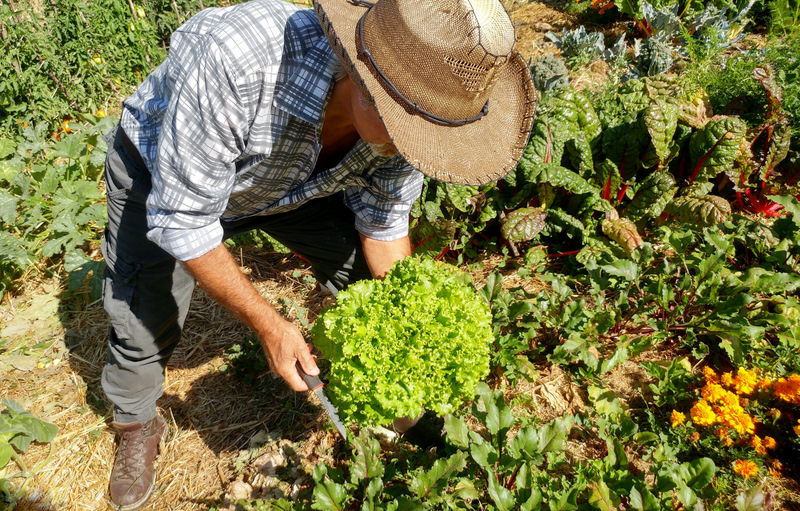
Text and photos by Gian Carlo Cappello and Mara Lilith Orlandi. © All rights reserved. Reproduction prohibited.

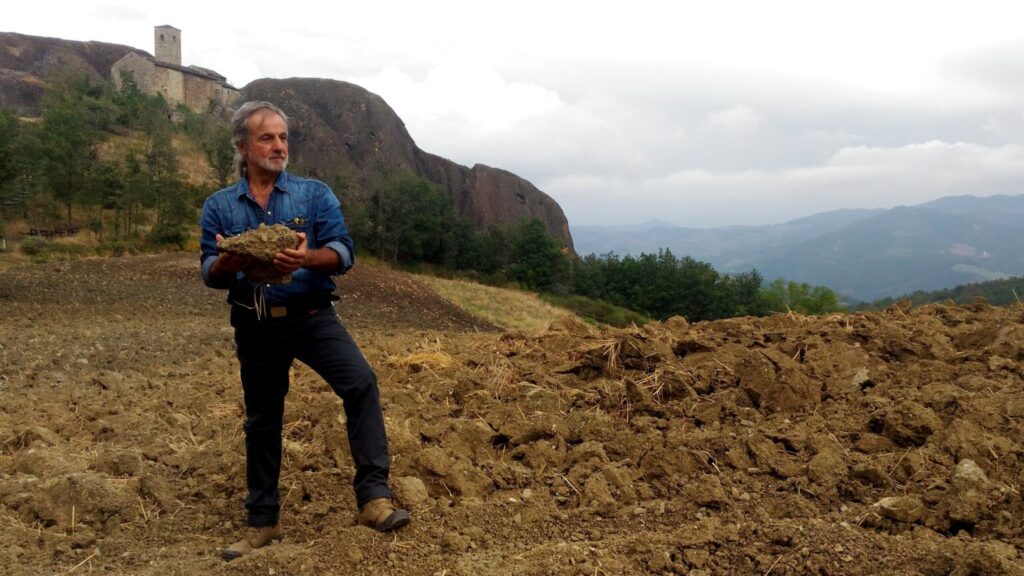
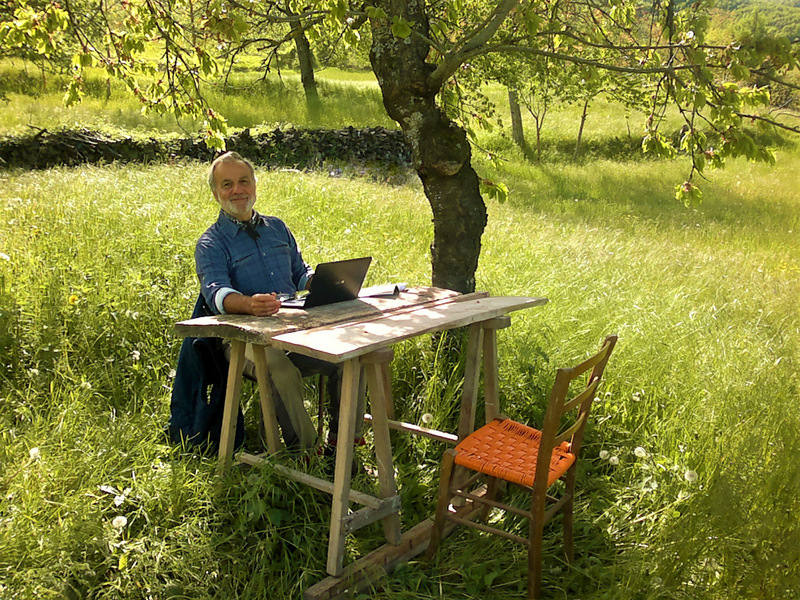
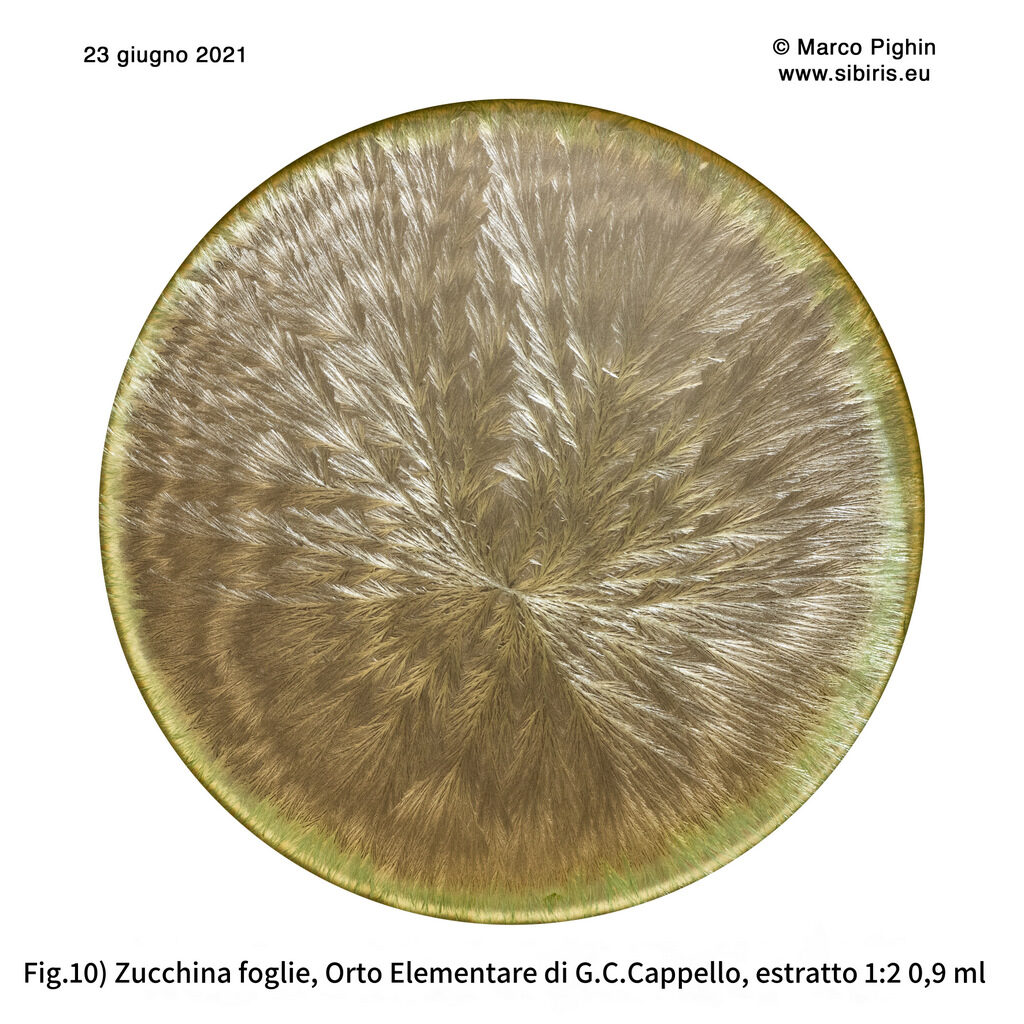
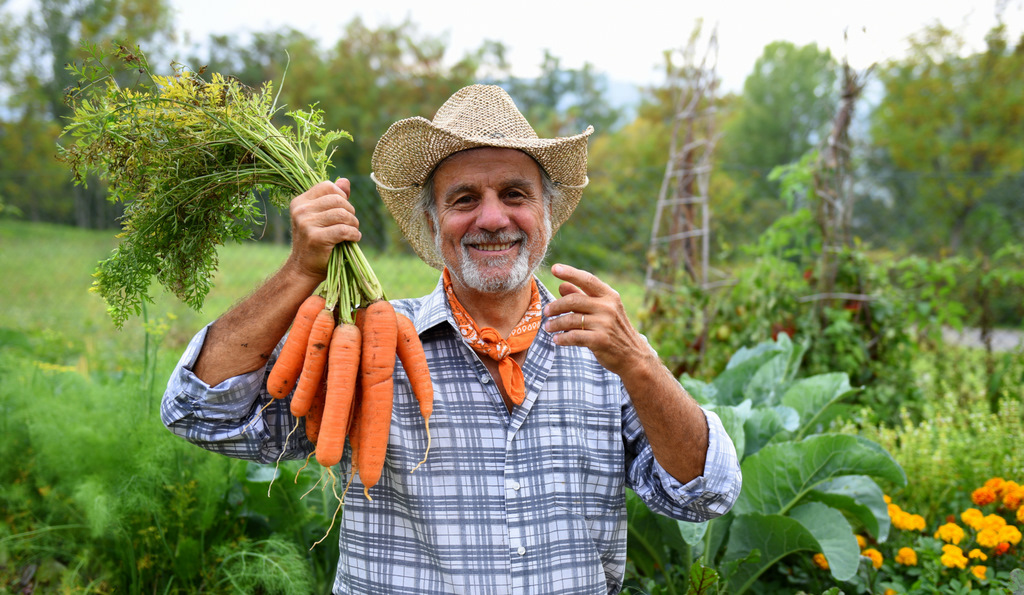
Sono rimasto letteralmente affascinato dalla filosofia del ‘non fare ‘ e rapito dalle spiegazioni logiche e naturali dell evolversi delle piante,c’è davvero un mondo da conoscere nascosto dietro le pratiche dell’ orto elementare !Ascoltare ed Osservare sono parole chiave
Infinite grazie a Gian Carlo Cappello per la condivisione